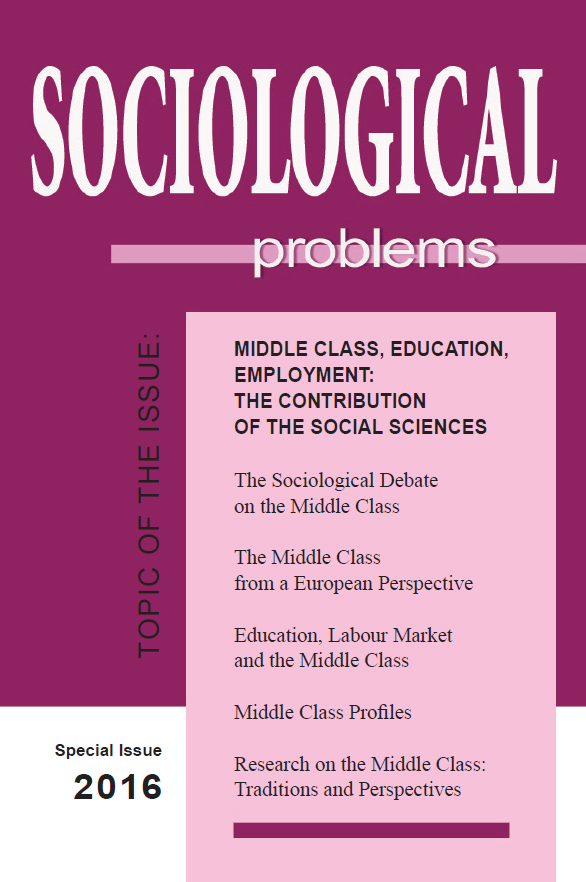Action Research in Higher Education through Backward Designing of Ecopreneurship Trainings
Action Research in Higher Education through Backward Designing of Ecopreneurship Trainings
Author(s): Anna Varbanova, Martin J. IvanovSubject(s): Social Sciences, Education, Sociology, Higher Education , State/Government and Education, Social development, Social differentiation
Published by: Институт по философия и социология при БАН
Keywords: The article discusses the model of application of Action Research methodology in the context of the applied project ‘Training for Ecopreneurship at Three Bulgarian Universities’ (2015–2016). The proje
Summary/Abstract: The article discusses the model of application of Action Research methodology in the context of the applied project ‘Training for Ecopreneurship at Three Bulgarian Universities’ (2015–2016). The project is conducted by the Institute for the Study of Societies and Knowledge at the Bulgarian Academy of Sciences in cooperation with the Institute for Energy and Environmental Research, Heidelberg, with the financial support of the German Federal Environmental Foundation, DBU. Beneficiaries and associate partners in Bulgaria are the University of Ruse, the Academy of Economics, Svishtov, the University of Food Technologies, Plovdiv, and Technology Centre, Sofia – organization for technology transfer and advocacy of German businesses in Bulgaria. The project’s main objective is to introduce educational modules for so-called ecopreneurship (sustainable entrepreneurship) in these three universities. Our approach is closer to the so-called Participative Action Research, trying to involve different stakeholders in the different stages of the project. Thus, we want not only to reflect the process, but to induce ‘social change’ with the active participation of the actors. At the core of our intervention is the educational design and implementation of innovative ecopreneurship training for students, based on a competency model (or a model of linked competencies that would lead to building accomplishments) co-developed by the students and previously engaged experts. These competencies are sought, applied, and developed in the learning process through the so-called Backward Design Approach, comprising five phases, each with a different focus: 1) group cohesion development, initial assessment and joint goal-setting; 2) phase of enhancing a deeper understanding of basic concepts through experience, and raising essential no-single-answer questions; 3) immersion in the actual field, active learning of the content based on researching authentic problems; 4) learning by doing a desired type of real-world project/learning product; and 5) students’ showcase in which they present themselves through these projects, which serve as a record for their learning achievement.
Journal: Социологически проблеми
- Issue Year: 48/2016
- Issue No: Special
- Page Range: 134-151
- Page Count: 18
- Language: English
- Content File-PDF

